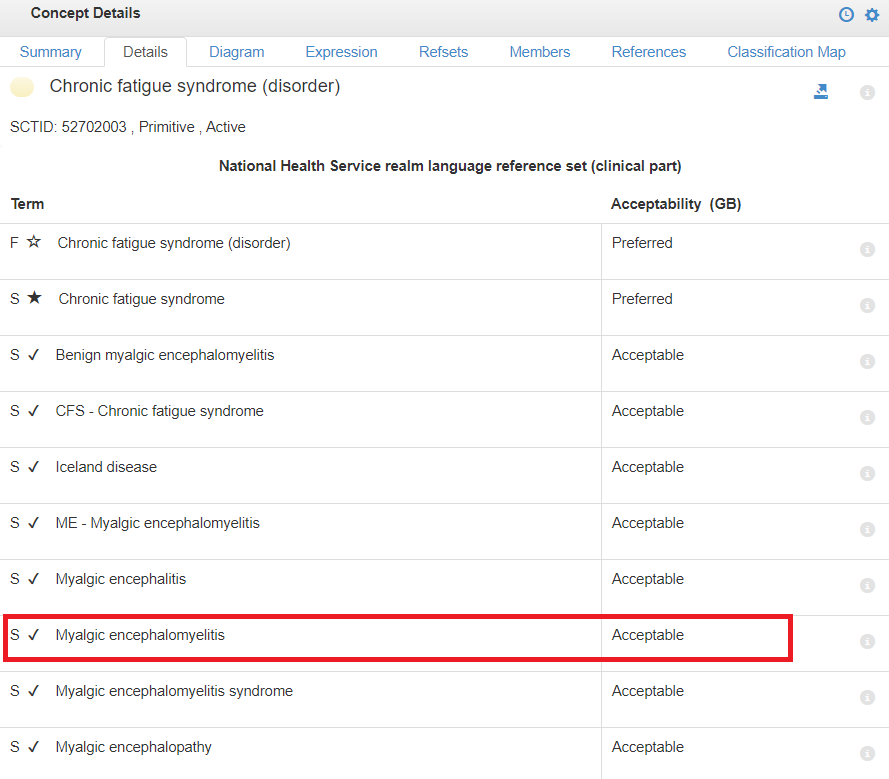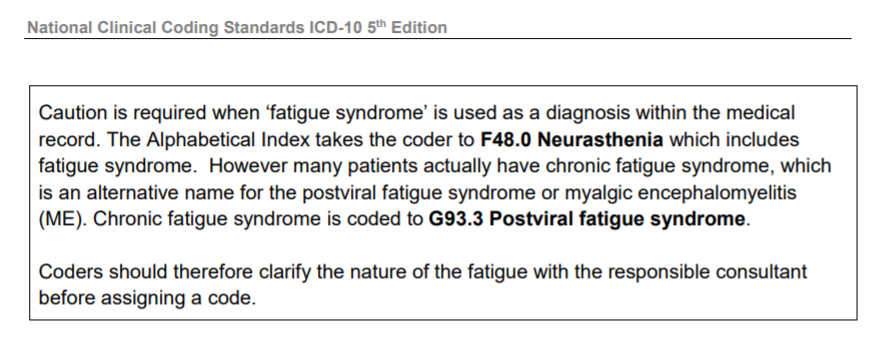Copied from UK NICE 2021 ME/CFS Guideline, published 29th October - post-publication discussion
From what I know about MEAction Scotland, they have very well informed members and a wider group of PwME and carers/supporters who have worked closely with the Scottish Govt for years.
From the stakeholder questionnaire - zoom meeting next week for discussion with Blake Stevenson who have the Scottish Government commission for engagement
Qiote esasy to respond as other than 1 speciliast nurse we have no " experts". Scottish Good Practice Guide is pretty much out nof date though some of the principles are not too bad.
If anyone wishes to comment/ raise issues I can feed back into a consulting group prior to next week's meeting
Discussion questions - stakeholder review of ME/CFS NICE Guidelines
NICE guidelines
In October 2021, NICE produced new guidelines about diagnosing and managing ME/CFS in children, young people and adults. It includes recommendations on diagnosis, assessment, and care planning, safeguarding, access to care and managing ME/CFS and its symptoms.
1. Which, if any, of the changes made by the NICE guideline did you welcome?
2. When you consider the recommendations in the NICE guidelines, in the short term, what should be the key areas of focus and priority in Scotland?
3. What existing infrastructure or services in Scotland could help the implementation of these guidelines?
4. What existing infrastructure or services in Scotland could hinder the implementation of these guidelines?
Implementation note
The Scottish Government is considering the production of an implementation note, to support the practical implementation of the NICE guidelines, a similar approach was taken recently regarding guidance for long COVID.
5. What do you think would be the advantages of an implementation note for the NICE guidelines? What would be the disadvantages?
6. What elements of the Scottish Good Practice Statement (SGPS) can inform or be preserved in the development of an implementation note?
7. What other guidance or principles could shape, or be referenced in, this implementation note? (e.g. Scotland’s self-management strategy for long term conditions
Gaun Yersel!, the SGPS companion documents
Quick Reference Clinical Guide and
Patient Guide)
8. What practical tools could assist clinicians in implementing these guidelines?
Services for people with ME/CFS
The NICE guidelines mention multidisciplinary teams, and specialist services.
9. What does management of ME/CFS currently look like? (view from clinicians and people with ME/CFS)
10. What pockets of established good practice or developing practice are you aware of? Do the NICE guidelines support or enable this way of working?
11. What could a specialist service look like for people with ME/CFS? How would we look to begin developing such an approach? Who would be the key members of a multi-disciplinary team? Where should this service sit?
The NICE guidelines also recommends that services need to adapt and be delivered as appropriate to the needs of the individual (e.g. adapting time & length of appointments, offering remote appts)
12. What has been learnt from providing services during the pandemic and supporting people with long COVID, that could benefit people with ME/CFS?
Moving forward
13. How should we work together across sectors to implement the NICE guidelines?
14. What would help in mediating and improving relationships between patient and clinical groups to move forward care for people with ME/CFS?
15. How can awareness and understanding of ME/CFS be promoted in primary care / clinical settings? What should clinicians know to make a difference to the experience of people with ME/CFS?
16. How could we establish clinical champions for ME/CFS in Scotland?





